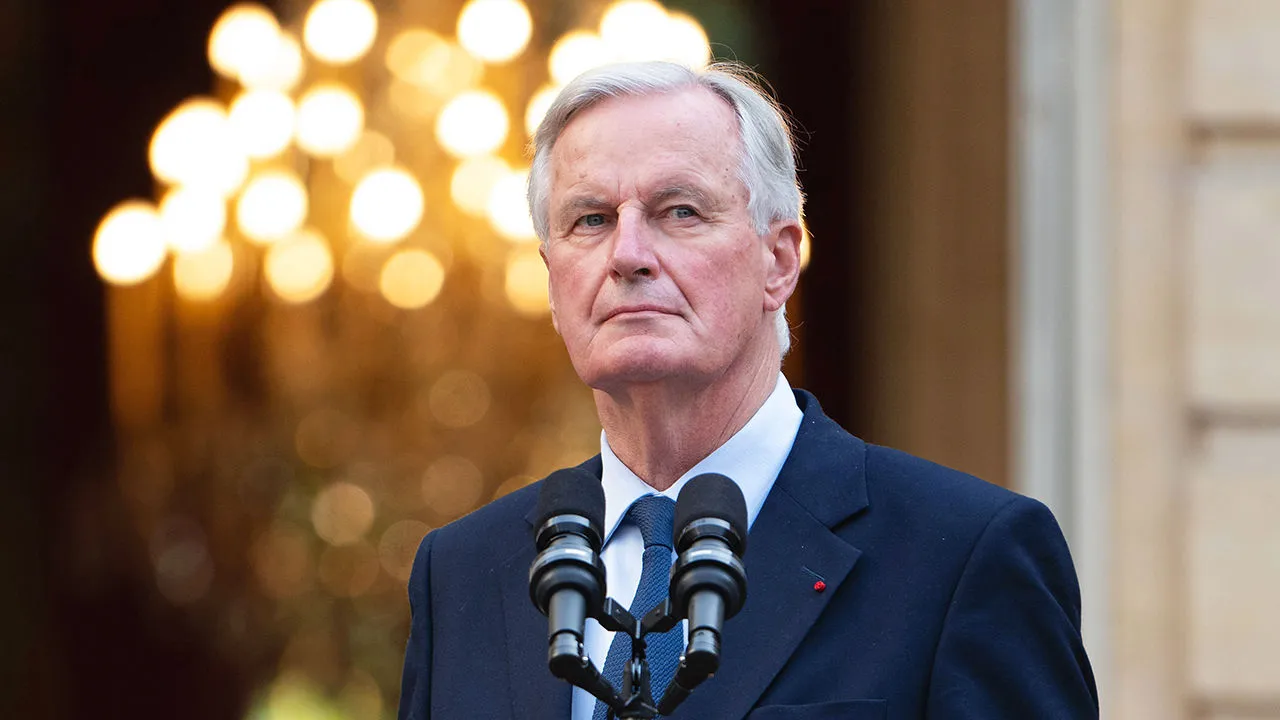French Prime Minister Michel Barnier, on Thursday, met with Emmanuel Macron to submit his resignation after losing a vote of no-confidence in parliament, with the president urgently seeking ways to halt growing political and financial chaos.
Barnier arrived at the Elysee Palace for the resignation formality, with the outgoing premier constitutionally obliged to step down after the defeat in parliament.
A majority of lawmakers supported the no-confidence vote that was proposed by the hard-left and backed by the far-right, headed by Marine Le Pen on Wednesday.
Barnier’s record-quick ejection followed snap parliamentary elections this summer that resulted in a hung parliament, with no political force able to form an overall majority and the far-right holding the key to the government’s survival.
The reason for Barnier’s ejection was his 2025 budget plan, including austerity measures that were unacceptable to a majority in parliament, but that he argued were necessary to stabilize France’s finances.
On Monday, he had forced through a social security financing bill without a vote.
The successful no-confidence motion canceled the government’s entire financing plan, leading to an automatic renewal of the current budget into next year, unless any new government can somehow rush through approval of a new budget by Christmas an unlikely scenario.
“France probably won’t have a 2025 budget,” said ING Economics in a note, predicting that the country “is entering a new era of political instability.”
Macron now has the unenviable task of picking a viable successor.
The president will address the nation on Thursday evening, his office said.
Macron has more than two years of his presidential term left, but some opponents are calling on him to resign, too.
National Assembly Speaker Yael Braun-Pivet on Thursday urged Macron to waste no time in choosing a new premier, saying France could not be allowed to “drift” for any length of time.
There was no indication early Thursday of how quickly Macron would appoint Barnier’s successor, nor what their political leanings might be.
Loyalist Defense Minister Sebastien Lecornu and Macron’s centrist ally Francois Bayrou have been touted as possible contenders, as has former Socialist premier and interior minister Bernard Cazeneuve.
With the support of the far-right, a majority of 331 MPs in the 577-member chamber voted to oust the government on Wednesday night. It was the first successful no-confidence vote since the defeat of Georges Pompidou’s government in 1962 when Charles de Gaulle was president.
Barnier is the fifth prime minister to serve under Macron since he came to power in 2017, with every premier serving a successively shorter period.
Given the composition of the National Assembly, there is no guarantee that Barnier’s successor will last any longer.
